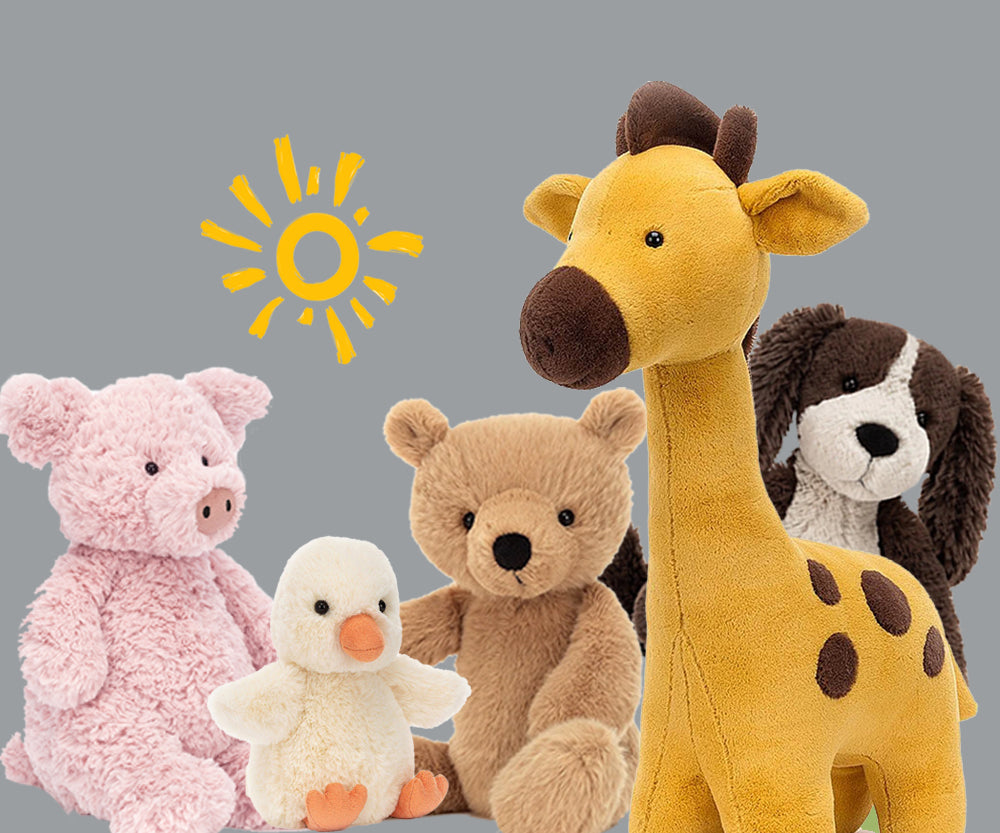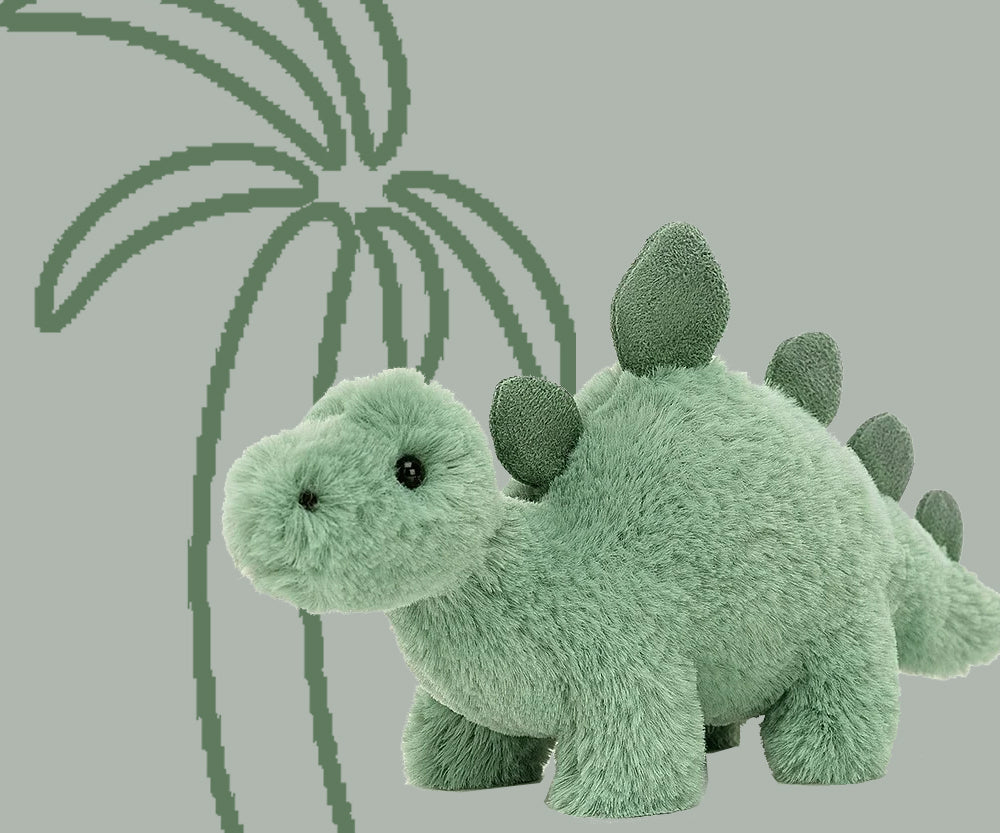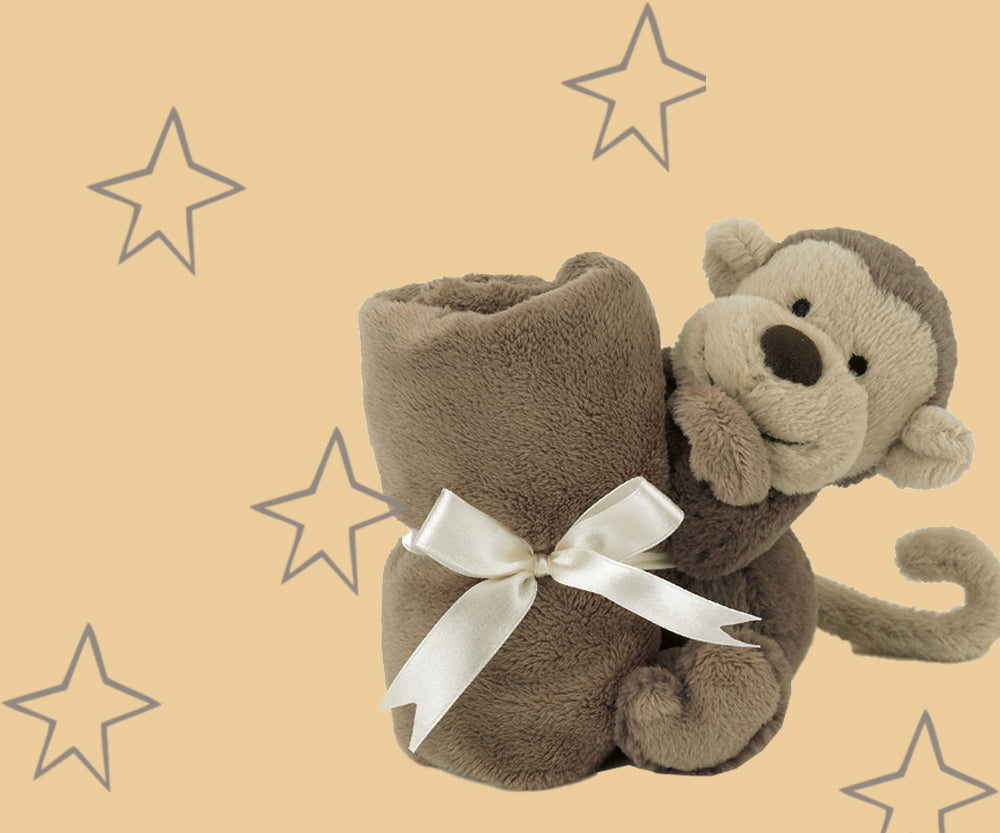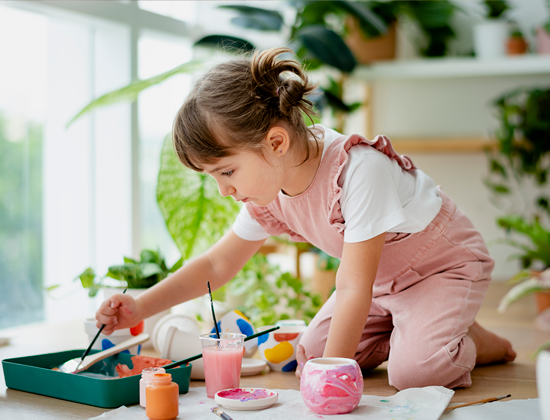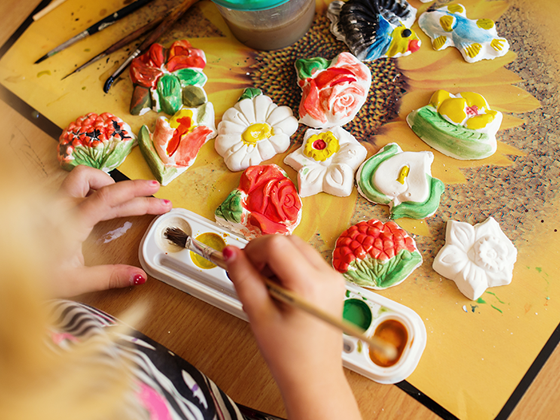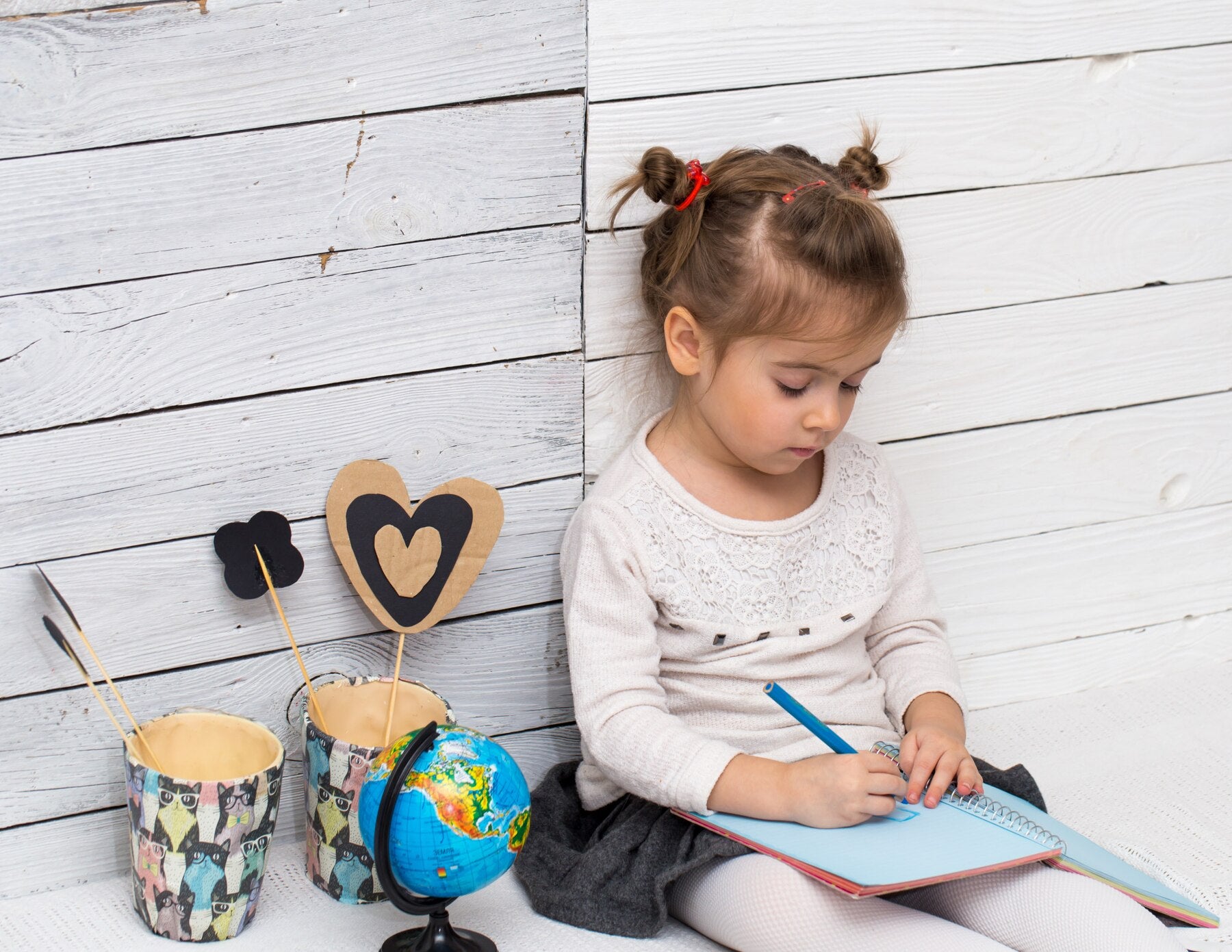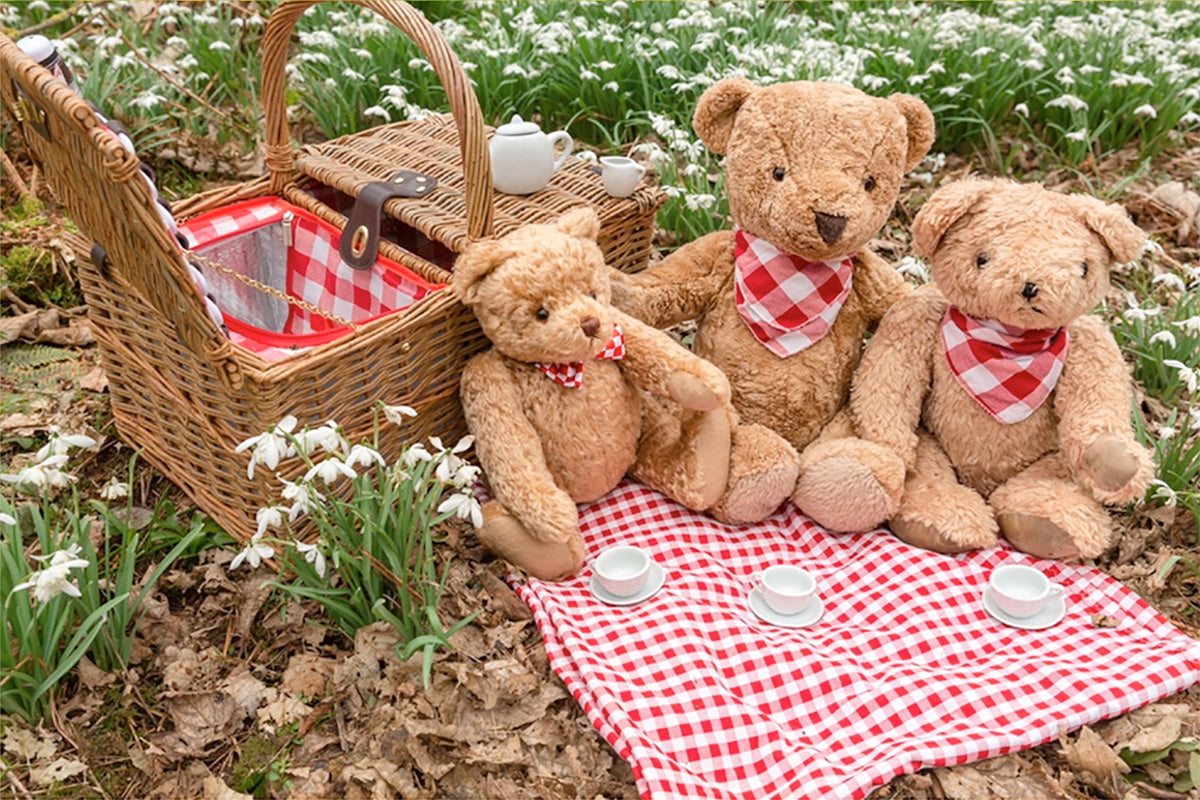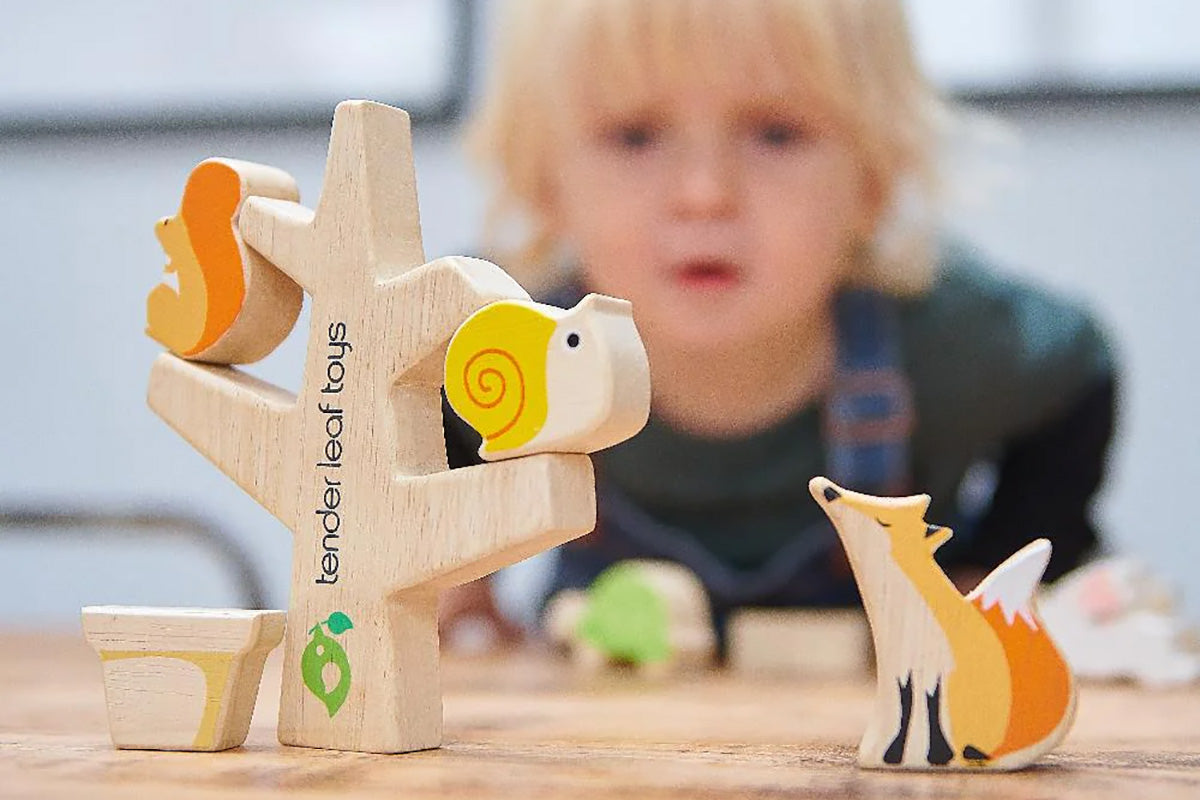There’s so much more to toys than just playing: finding the right game to suit your child’s age and stage of development can help him or her to develop new skills and nurture their budding imaginations.
In this second blog, we look at how toys from building blocks to board games can help children aged between four and 10 to learn while they play. And in case you missed it, you can read the first blog on toys for babies to four-year-olds here.
4-5 years
Puzzles and blocks - Problem-solving toys like puzzles or blocks offer your little one opportunities for playing and learning at any age, but particularly at this crucial stage. They can strengthen spatial and motor skills and hand-eye coordination with blocks... and just enjoy building them up and knocking them down again! Puzzles teach physical skills, as they have to hold and turn them until they fit, as well as cognitive skills to solve them plus puzzles teach patience and give children a sense of reward when they complete them.
Digging tools - Digging is great fun at this age, filling and emptying buckets or shovels or diggers or dump trucks with soil, grass, rocks or sand. Children loves buckets as a place to collect and store things, as well as wheelbarrows for shovelling on a bigger scale! This all teaches balance and coordination, and four-year-olds just adore being outside and the freedom to have fun and get mucky.
5-6 years
Imaginative play - Little figures of people or animals can help children's imaginations to take flight as they invent a whole new world of play. Whether it's building farm, forest, beach or city landscapes, the possibilities are endless in a world of make-believe.
Simple board games - This is a great time to teach them about winning and losing as they have the patience to stick at a game for a bit longer. Board or card games really can be fun for all the family and they teach children new cognitive skills, like remembering rules, as well as helping with number and shape recognition, grouping and counting.
6-7 years
Dressing up - Children love to play at being grown-ups and to tackle role play; it builds confidence, creativity, physical development and problem-solving skills. Pretend play is a fun activity but it also allows children to get into character and gives them freedom to act out real life roles. Take your cue from your child's interests, whether that's food, dolls, tools, doctors, knights and princesses or spies... when it comes to dressing up, a simple item, like a stethoscope, can transport them to a world of make-believe.
Train set - We recommended train sets for toddlers as a great way of playing with vehicles in the first blog, but a more advanced set can really catch the imagination of an older child too. Choose a set that can be built in a number of ways to satisfy your budding engineer's curiosity.
7-8 years
Drawing - At this age, children start to find it easier to hold a pen or paintbrush correctly and to draw the shape of the object they are trying to recreate; practising this will help them to further improve their detailed work. Imagination plays a large part in their creations and you can encourage individuality by getting your child to pick their own materials and colours.
Cuddly toys - A cuddly toy can offer comfort and support at an age when they begin to care more about the opinions and thoughts of other people. By this stage, most seven-year-olds are becoming more empathetic; they are able to put themselves in someone else’s shoes and work through conflicts. A stuffed animal can also help them to be more creative as it doesn't come with instructions or rules.
8-9 years
Musical instruments - Learning to play an instrument encourages listening and fine motor skills and helps build attention spans too. This is also an age when dancing and popular music becomes part of their lives and often they love to create dance routines together with friends and perform to an audience.
More challenging games - By this stage, children will enjoy tougher board or card games that encourage them to solve problems and find answers. Games which test memory and speed are particularly useful, as is learning about losing as well as winning.
9-10 years
Science toys - Chemistry sets, binoculars, telescopes, or other toys that promote discovery and problem-solving help to improve maths and science skills, and also help children to develop their imaginations. A good science game can wake up your child’s interest in the wonders of the world from illusions and animations to fizzing experiments!
Crafts - At this age, arts and crafts become more intricate and a child might spend hours weaving friendship bracelets, painting rocks or folding origami. Crafts can help bilateral coordination and encourage creativity and self-expression as well as helping them to entertain themselves away from any devices; crafts which can be done as a group help children bond with friends.
You might like: Kidz Labs Kaleidoscope Making Kit, Djeco Colouring Velvet – Forest





